Unity and consensus are key to achieving reforms
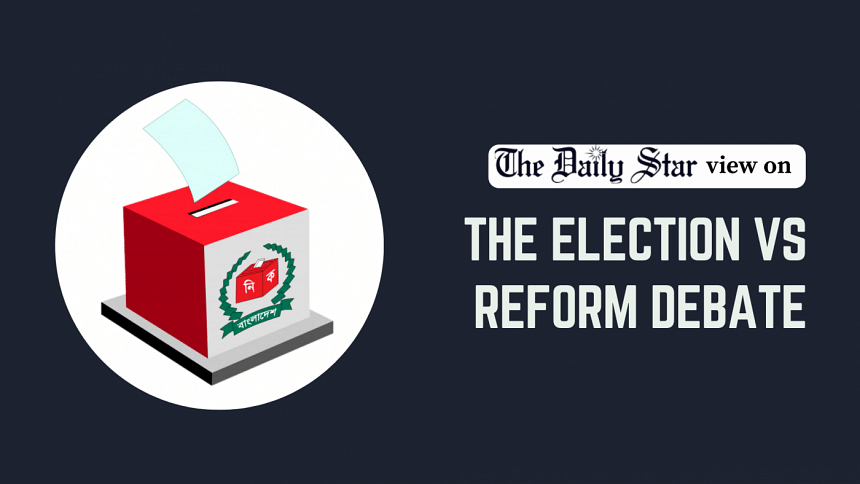
The enormous sacrifices made during the July-August uprising have created a historic opportunity for Bangladesh to reshape its political landscape, strengthen institutions, and ensure accountable governance. However, as the months trickle by and the interim government faces various challenges, a critical question has emerged lately: should the desired reforms precede elections, or should an elected government take the reins of reform implementation? Recent statements by government officials and political leaders indicate a divide that must be bridged for the sake of the nation.
At a two-day event in Dhaka recently, several government advisers weighed in on the issue, emphasising the need for reforms as well as consensus. In his address, Chief Adviser Muhammad Yunus affirmed that preparations for reforms and elections would proceed simultaneously, suggesting that reforms without consensus and elections without reforms would be counterproductive. Currently, 15 reform commissions are working on proposals expected to be ready by January. Adviser Mahfuj Alam, in his address, stated that consultation with all stakeholders, including political parties, would determine the nature and extent of reforms. "We need agreement on how much reform is possible and whether a legal framework can ensure that future governments continue these initiatives," he said. Meanwhile, Adviser Syeda Rizwana Hasan warned that political stability will not be achieved if we falter on the issue of reforms.
Meanwhile, BNP has insisted that elections and reforms should progress in tandem. Senior leaders, including Mirza Fakhrul Islam Alamgir and Ruhul Kabir Rizvi, have expressed concerns that prioritising reforms over elections could stall the democratic process. Rizvi, speaking at a separate event, was particularly critical, claiming that proponents of a reform-first approach harbour "evil intentions" by suggesting that political parties' push for a democratic transition equates to opposing reforms. He underscored the urgency of restoring power to elected representatives, who could then implement reforms with a popular mandate.
We must say that both sides have points that are valid, and not necessarily contradictory. The government's emphasis on implementing some reforms before elections reflects the understanding that a broken system cannot deliver on people's aspirations. Without addressing systemic flaws—such as the politicisation of state institutions, the erosion of rule of law, economic disparities, etc—elections, no matter how well-conducted, risk perpetuating entrenched power structures. On the other hand, delaying elections excessively risks creating a perception of authoritarian drift as well as alienating those eager to exercise their voting rights.
So, how can we bridge this gap? Through dialogue and compromise, of course. Both camps must find common ground in their positions, tempering their adversarial tones to prevent the ongoing reform drive from being questioned or derailed. That said, the sacrifices of July-August demand more than short-term fixes or a partial democratic transition. Proper reforms are crucial not just for safeguarding the gains of the uprising but also for ensuring that future governments operate within the desired framework of accountability.
We, therefore, urge political parties to engage in the reform process in good faith, ensuring that their push for elections aligns with the broader goal of strengthening democracy. At the same time, the interim government must address the scepticism about its reform agenda, demonstrating its commitment to meaningful and inclusive change. Only through a collaborative approach can the reform vs election debate be resolved.

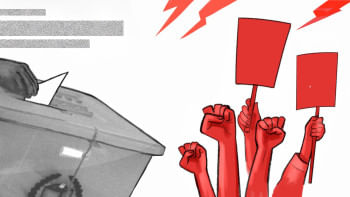
 For all latest news, follow The Daily Star's Google News channel.
For all latest news, follow The Daily Star's Google News channel. 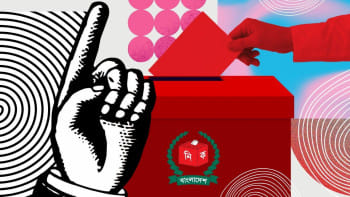


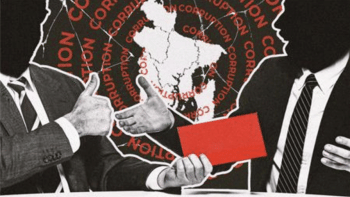



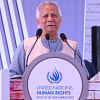


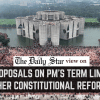


Comments